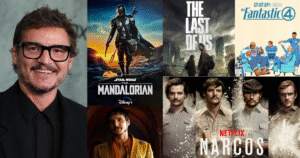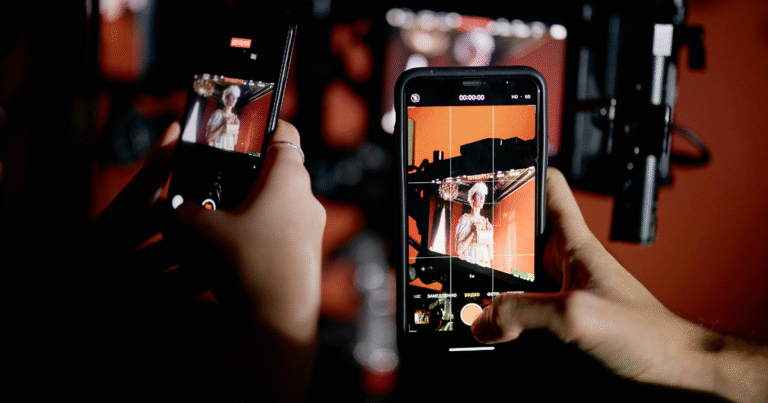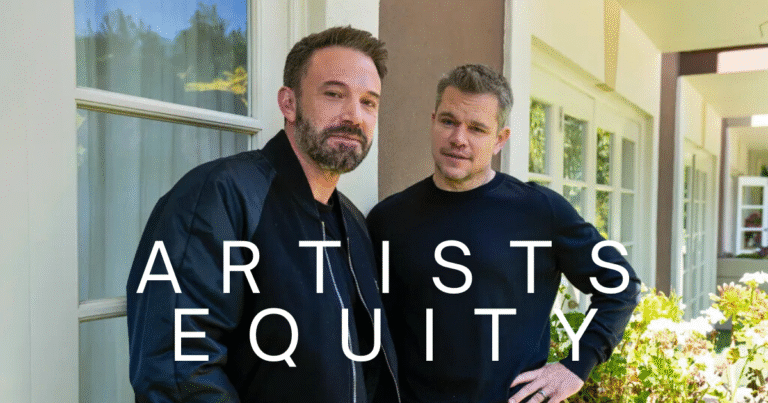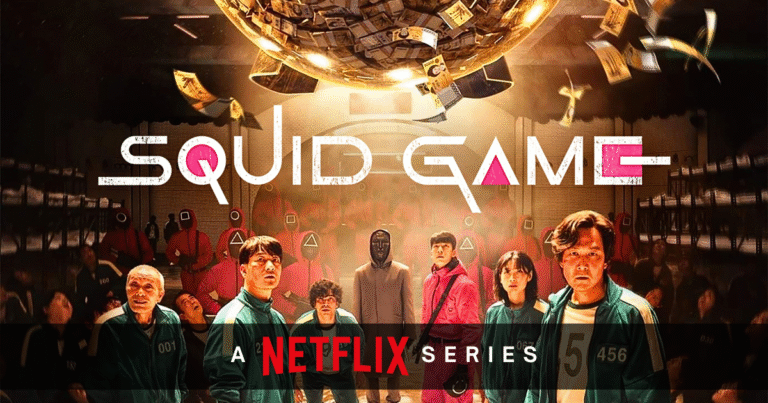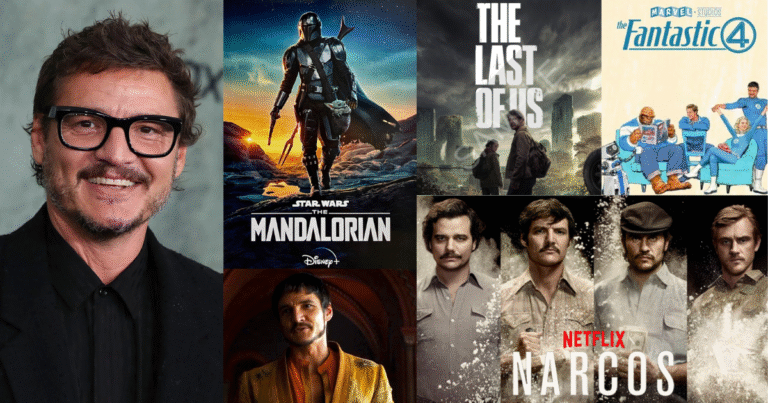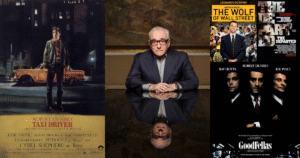Cinema has come a long way since the black-and-white days of silent films. Over the years, we’ve seen major shifts, from 3D glasses and CGI to streaming platforms that let us watch films from our phones. But what comes next? As we move into a new decade, the world of movies is changing again. Technology, audience behavior, and creative ideas are all shaping the future of cinema in big ways.
In this article, let’s take a closer look at the biggest trends that will shape the next 10 years of film. Whether you’re a movie fan, filmmaker, or just curious, these insights will show you where cinema is heading and why it matters.
1. Streaming Platforms Are the New Normal
Streaming services like Netflix, Amazon Prime, Disney+, and HBO Max have already changed the game. But the next decade will take it even further. More people are choosing to watch movies at home instead of going to the theater. The convenience, price, and wide selection make streaming the top choice for many.
What does this mean for cinema? Studios may continue to release big films directly to streaming platforms. At the same time, smaller films can find a home and audience they might not have reached in traditional theaters. Expect more original content and more international films becoming popular across borders.
2. The Return of the Movie Theater—With a Twist
Even though streaming is growing, movie theaters aren’t going away. Instead, they’re evolving. In the future, going to the theater will be more of a “premium experience.” Think bigger screens, better sound, reclining seats, gourmet snacks, and even virtual reality setups.
Cinemas will also start showing more than just movies. Concerts, gaming events, live sports, and interactive shows might become regular events at your local multiplex. It’s all about creating an experience that you can’t get at home.
3. AI in Scriptwriting and Film Production
Artificial Intelligence is already being used to help write screenplays, suggest edits, and even generate visual effects. In the next decade, AI might help studios predict what kind of movies will do well with certain audiences. It could suggest casting choices or marketing plans based on data.
But AI won’t replace human creativity. Instead, it will become a tool that helps filmmakers save time, reduce costs, and focus on the artistic side of things.
4. More Diverse Voices and Stories
Audiences today want more variety, new perspectives, characters, and experiences. The next generation of filmmakers is already bringing more stories from different cultures, genders, and backgrounds to the screen.
Hollywood is slowly changing, but the real growth is happening globally. Korean, Indian, Middle Eastern, African, and Latin American cinema are gaining fans everywhere. Expect to see more films in different languages getting global releases, and more diverse characters becoming the leads in major productions.
5. Short Films and Vertical Videos Will Get Bigger
Thanks to apps like TikTok, YouTube Shorts, and Instagram Reels, short video content has exploded in popularity. The next wave of filmmakers might get their start by making 1-minute movies on their phones.
Even big studios are paying attention. You might start seeing vertical trailers or short spin-offs from your favorite films made just for mobile viewing. This shift is not about replacing full-length movies but meeting people where they spend the most time, on their phones.
6. Interactive Films Will Grow
Have you watched Black Mirror: Bandersnatch on Netflix? It’s a movie where you make choices for the main character, and the story changes based on your decisions. This idea of “interactive cinema” is just getting started.
With better technology, more filmmakers might create stories where viewers can choose the ending or explore different paths. It adds a game-like element to movies and opens the door for new kinds of storytelling.
7. Sustainability in Film Production
Climate change is a global concern, and the film industry is starting to respond. The next decade will see more “green filmmaking.” This means using energy-efficient lighting, reducing waste on sets, and finding eco-friendly ways to travel and shoot scenes.
Big studios may also be asked to show the carbon footprint of their productions. Viewers are becoming more aware and supportive of brands and creators who care about the planet.
What This Means for Movie Lovers
The next decade will be exciting, but also different. As films become more diverse, more interactive, and more available on demand, your choices as a viewer will matter more than ever. Whether you enjoy indie dramas, superhero blockbusters, or short comedy sketches, there will be something for you.
At the same time, filmmakers will have more tools and platforms to share their stories. The barriers to entry are lower, which means more talent from around the world can rise. This will make cinema more global, more personal, and more connected to real people and real issues.
Final Thoughts
The future of cinema is not just about tech or money, it’s about connection. People will always love stories. How we tell those stories will keep evolving, but the heart of cinema, emotion, imagination, and shared experience, will stay strong.
Whether you watch on a phone, in a theater, or through virtual reality glasses, movies will still move us, inspire us, and bring us together.
If you’re a filmmaker, now’s the time to try new things. If you’re a fan, keep watching, keep supporting diverse voices, and enjoy the ride. The next chapter of cinema is just beginning.


